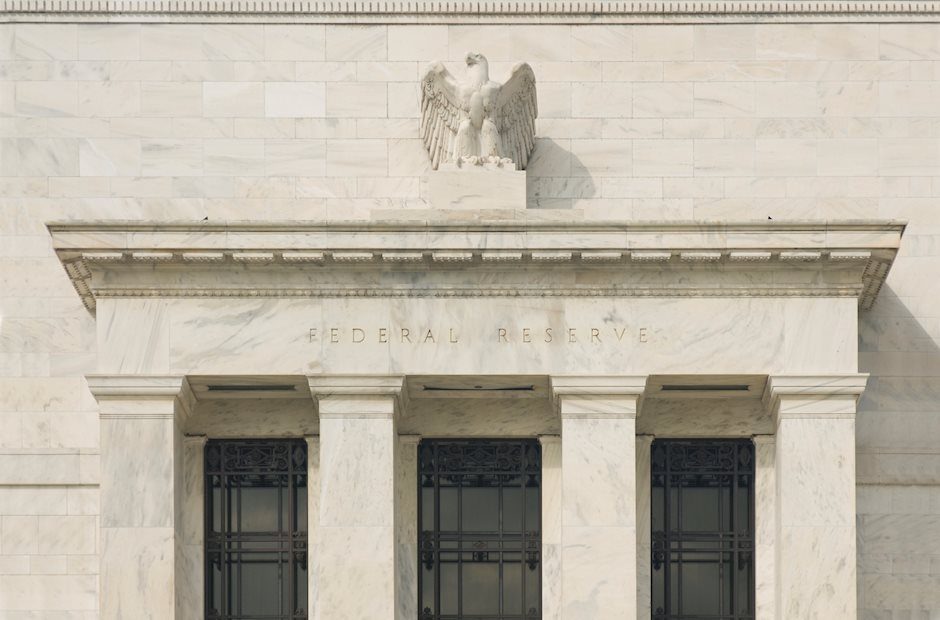Hungarian central bank to raise rates

This week, the Hungarian central bank meeting is likely to be the most-watched economic event in the region (due Tuesday). We expect the key rate to go up by 125bp to 4.65%. Expectations for a quick adjustment of the policy rate are a result of a widening of the difference between the key rate and the 1-week depo rate (which was recently raised on a weekly basis). The step is likely to be followed by a 50bp hike in the 1-week depo rate on Thursday, with the two rates converging most likely during summer. On Monday morning, Poland will publish the retail sales growth in February. Double-digit growth dynamics should mimic the strong performance of the industrial sector in February (industrial production up 17.6% y/y and 3.6% m/m), also reflecting the strong base effects from last year. Apart from that, we get to see current account balances in Hungary, Slovakia and Serbia, as well as the unemployment rate in Hungary, Poland and Slovakia. As for the latter indicator, we do not expect any major changes confirming the robust labor market conditions.
FX market developments
CEE currencies pared many of the losses last week, supported by improved market sentiment, previous and current central bank interventions (Romania, Serbia) as well a likely continuation of monetary tightening. After the difference between the policy and the one-week deposit rate widened significantly, the Hungarian central bank will raise its key rate again this week and may, in our view, opt for a bolder 125bp step. Moreover, we expect a 50bp hike to the one-week rate on Thursday. Thus, this should support the forint (although risks from the war and due to upcoming elections remain) and we currently keep our end-of-first quarter forecast unchanged at 375 vs the EUR. According to Governor Rusnok, the Czech central bank is weighing prolonged and higher inflation against risks to growth, with stagflation a possibility. Simultaneously, he stressed it is not about “substantial interest-rate increases” as the room for further tightening is limited and the CNB cannot fight energy price shocks. March meeting is a tough call, as Rusnok indicated a hike earlier, without specifying its scope, but also clearly stated the difficult situation overall. The new Polish MPC member Janczyk mentioned a more cautious approach to monetary tightening amidst gains in the zloty and signs of record-inflation being contained for now. Last week brought an expected 25bp rate hike in the US, as the Fed raised rates to 0.25-0.5% and penciled in further 150bp rate hikes this year and an additional 125bp for 2023 – a strong upward revision from its December forecasts. Moreover, it will make a decision regarding reduction of the securities portfolio at one of the upcoming meetings.
Bond market developments
CEE bonds rallied last week across the board. Improvement of sentiment on global markets led to higher yields in advanced economies, while LCY yield curves in CEE shifted down 20-30bp w/w, with yields on 10Y ROMGBs going down almost 50bp w/w. We still see hefty space for further compression of yields in CEE from still rather elevated levels inflated by recent sell-offs, especially in Czechia (-50bp), Poland (-30bp) and Hungary (-90bp) by the year-end. This week, Czechia will re-open CZGBs 2032, 2035 and 2037 plus issue T-bills, Slovakia will offer SLOVGBs 2024, 2030, 2036 and 2051, Poland will sell POLGBs 2024, 2027, 2032 and a 9Y floater, while Romania will have on offer ROMGBs 2026 and 2034. Hungary will sell T-bills on top of its regular auctions.
Author

Erste Bank Research Team
Erste Bank
At Erste Group we greatly value transparency. Our Investor Relations team strives to provide comprehensive information with frequent updates to ensure that the details on these pages are always current.

















